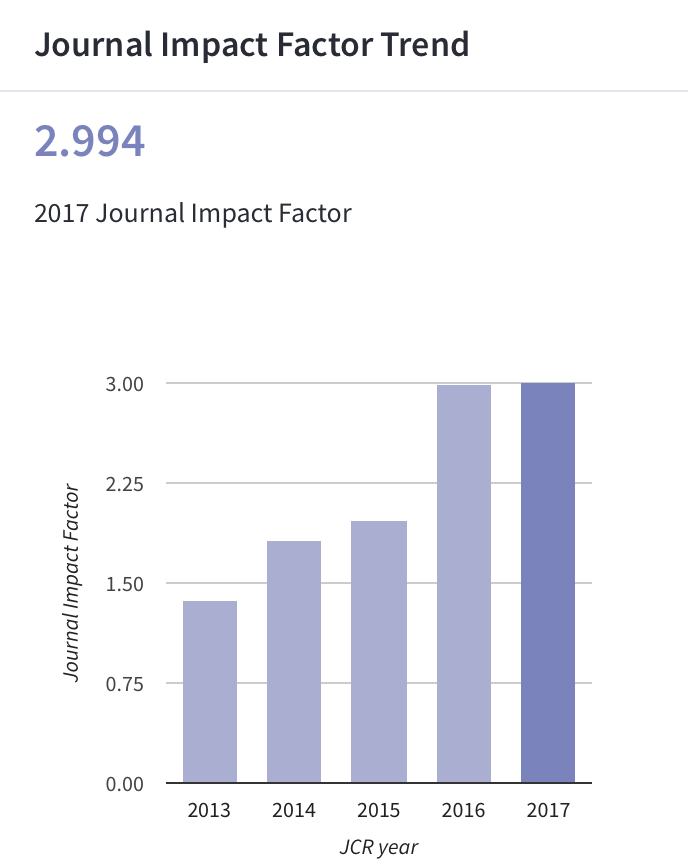Throughout 2018, we ask JEPP authors and members from JEPP’s editorial board to share with us their stories as to how the research published in JEPP over the past 25 years influenced their own thinking and research about Europe, the EU, and public policy. This is what they are saying.
Dorte Sindbjerg Martinsen, University of Copenhagen, Denmark

Over the years many excellent JEPP contributions on EU law and politics, EU social policy, Europeanization, implementation and enforcement have been major sources of inspiration for my own research. Thus it is not an easy task to pick out one among the many. However, the article ‘Economic integration, democracy and the welfare state’ by Fritz W. Scharpf published in 1997 inspired me greatly when I decided to do a PhD on EU integration and the welfare state. And it continues to be a piece I often return to when working on the complex encounter between EU free movement and the welfare state. The article is extremely rich and covers what to me remain core issues of EU policymaking. It brings together the challenges that Economic integration brings to the welfare state with EU democratic accountability, EU legislative politics and touches upon the ‘rules of negative integration’ as enforced by the European Court of Justice. Interestingly, the article concludes on a positive note, when it lists possibilities for a socially just Europe and states that even in a ‘fully integrated internal market, opportunities for significant and effective political choices are still available at the national level’. In my view, to explore those national policy options and how the welfare state continue to respond to internal market pressures are no less relevant today in a troubled Union as when Scharpf wrote his seminal piece more than 20 years ago.
Thomas Winzen, University of Mannheim, Germany

JEPP has published many inspiring studies on the institutional and democratic development of the European Union. These two articles, written by Jeffrey Lewis and Berthold Rittberger, respectively, are leading contributions and important influences on my own research. Lewis explored the intensity and complexity of negotiations in the Council of the European Union. For me, these characteristics, and the information deficits they create for external observers, raised the question of whether the European Union can maintain a measure of democratic input and accountability in its policy process. Rittberger’s work demonstrated that policy-makers have long had competing ideas of how to address this question. Variation in these ideas and the abilities of their proponents to influence institutional reforms have shaped the design of the EU’s system of representation. My own work builds on the insight that institutional design ideas vary in order to explain reforms of national parliamentary rights in the EU.
Anne Rasmussen, University of Copenhagen, Denmark, and Leiden University, Netherlands

Being one of the last editorial board members to submit my piece, I have taken the liberty to select a brand new JEPP article, which I think is extremely topical and which expresses a trend in existing research on civil society and interests groups of which I think we will see more in the coming years. The article is written by @ReiniSchrama and Zhelyazkova and presents a large, systematic study on the impact of civil society strength on implementation of EU policy. It fills an important gap in the literature and is a reference point for anyone interested in compliance with EU law, which remains a key priority of the European Union. It is also indicative of a recent development bringing the study of interest groups and civil society closer to what it once was: a field central to our understanding of politics more generally, not shying away from asking big questions and taking a broader approach situating groups within their wider political system (see Baumgartner and Leech, 1998). The study adds to a recent wave of scholarship that has extended the focus of research pertaining to interest groups by linking it closer to other areas of the broader discipline of political science, such as legislative studies and public opinion research. Schrama and Zhelyazkova’s study underlines that understanding the impact of civil society on democratic processes often requires a consideration of several dimensions of interest group activity and behavior. It finds that civic participation and involvement in decision-making are like ‘horse and carriage’: Only when civil society organizations are included in policy-making does policy implementation benefit from the existence of a vibrant civil society.
Erik Jones, Johns Hopkins School of Advanced International Studies, United States

After twenty-five years, it is easy to think of the JEPP as a mainstream, establishment journal in the study of European integration. I remember it as an edgy upstart. The Journal of European Public Policy was the place my friends and contemporaries went to try and establish new research agendas at the interdisciplinary frontier. JEPP was not easier to get into than other journals, but Jeremy Richardson was more willing to place a bet on emerging issues of concern than other journal editors. Sometimes – often, in fact – he won big.
Consider, for example, the collection edited by William D. Coleman and Geoffrey Underhill in the third issue of the second volume. The focus of that collection is on the interaction between the single market, capital market integration, and domestic politics. And the research agenda Coleman and Underhill set out remains central to unlocking everything from the recent crisis of the euro area to Brexit.
The paper by Jonathon Moses is a good illustration. Called ‘The Social Democratic Predicament in the European Union: A Capital Dilemma’, that paper sets out how the integration of European capital markets altered the balance of power between domestic interests in ways that undermined traditional policy formulas. It also explains how monetary integration may address the symptoms associated with market speculation but without redressing that fundamental domestic imbalance.
Moses has returned to that agenda time and again throughout his (prolific) career. His recent ECPR volume on the euro crisis is a straight-line continuation of that trajectory. To understand how Moses got there, careful scholars should remember to go back to the beginning. That article in JEPP was foundational in many respects. Reading it again after all these years, I am still impressed.



 Clarivate Analytics recently released its Journal Citation Report for 2017. JEPP continues to be listed in two sections: Political Science and Public Administration. While the journal dropped a few spots on the Political Science list, it remains safely in the top-twenty (now ranking 15/165), and it maintained its position among the top-ten journals in the Public Administration segment (ranking 8/47). After a record increase in JEPP’s impact factor last year, the journal posted its highest impact factor yet, increasing from 2.982 (2016) to 2.994 (2017).
Clarivate Analytics recently released its Journal Citation Report for 2017. JEPP continues to be listed in two sections: Political Science and Public Administration. While the journal dropped a few spots on the Political Science list, it remains safely in the top-twenty (now ranking 15/165), and it maintained its position among the top-ten journals in the Public Administration segment (ranking 8/47). After a record increase in JEPP’s impact factor last year, the journal posted its highest impact factor yet, increasing from 2.982 (2016) to 2.994 (2017).




